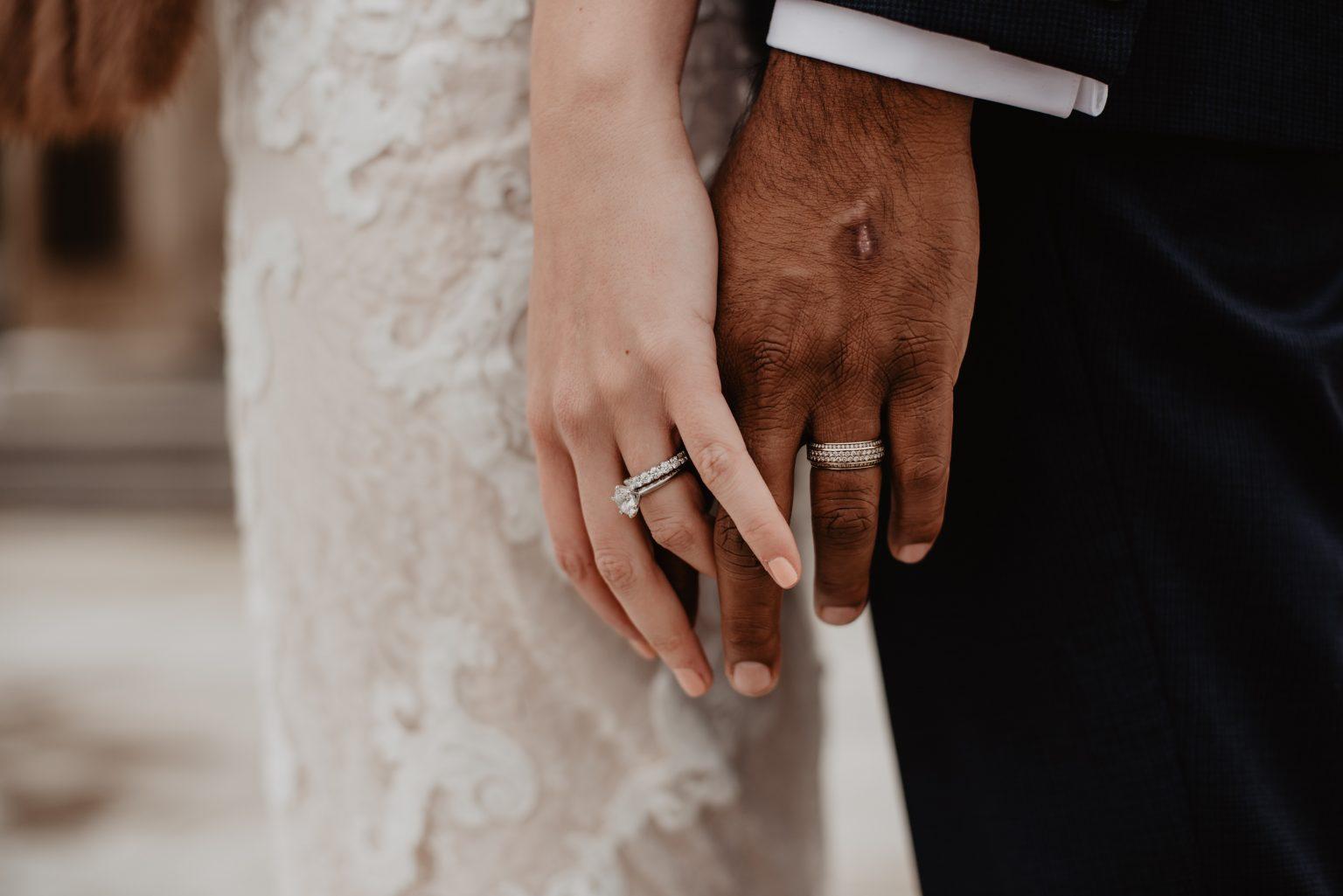Marital trusts and bypass trusts differ in detail but are often created in conjunction with one another. Utilization of this strategy is popular in estate planning for married couples looking to shield assets from estate taxes upon their death.
Marital Trusts
A marital trust (the “A trust”) is a type of irrevocable trust that allows one spouse to transfer assets to a surviving spouse tax free, while providing benefits not available if transferred outright. In the United States, married couples have an unlimited marital deduction. This deduction allows the entire estate of the first spouse to die to pass to the surviving spouse tax-free. Thus, any estate tax is deferred until the surviving spouse’s death.
In addition to an outright transfer, a properly drafted marital trust also qualifies for the unlimited marital deduction. The surviving spouse must be the sole lifetime beneficiary of the trust and maintains the right to withdraw income and, in many cases, principal from the trust. The assets in the trust avoid probate on the surviving spouse’s death – but are included in the surviving spouse’s taxable estate.
Bypass Trusts
When a marital trust is created at the first spouse’s death, a bypass trust (the “B trust”) can also be created to capture the deceased spouse’s estate tax exemption. This trust is also commonly referred to as a credit shelter trust.
Couples with a combined taxable estate above the personal exemption amount need to take advantage of the estate tax exemption of both spouses. Should all the assets pass pursuant to the unlimited marital deduction, this opportunity is lost. While the federal exemption can be captured by filing a portability election with the IRS, the New York State $6.94 million-dollar exemption cannot; it is use it or lose it! With a bypass trust, assets up to to the NYS estate tax exemption can be funneled into the bypass trust, thus capturing the exemption of the first to die spouse, while still allowing for the surviving spouse to have use and access during their remaining lifetime. Any assets over the exemption amount pass to the marital trust.
Contact a Trust and Estates Lawyer for Help
Couples who are near the New York State exemption should consider the AB Trust structure as part of their estate planning. Considering the tax ramifications of your current plan, documents, and asset placement should be reviewed every three to five years to ensure maximum savings and tax efficiency.










